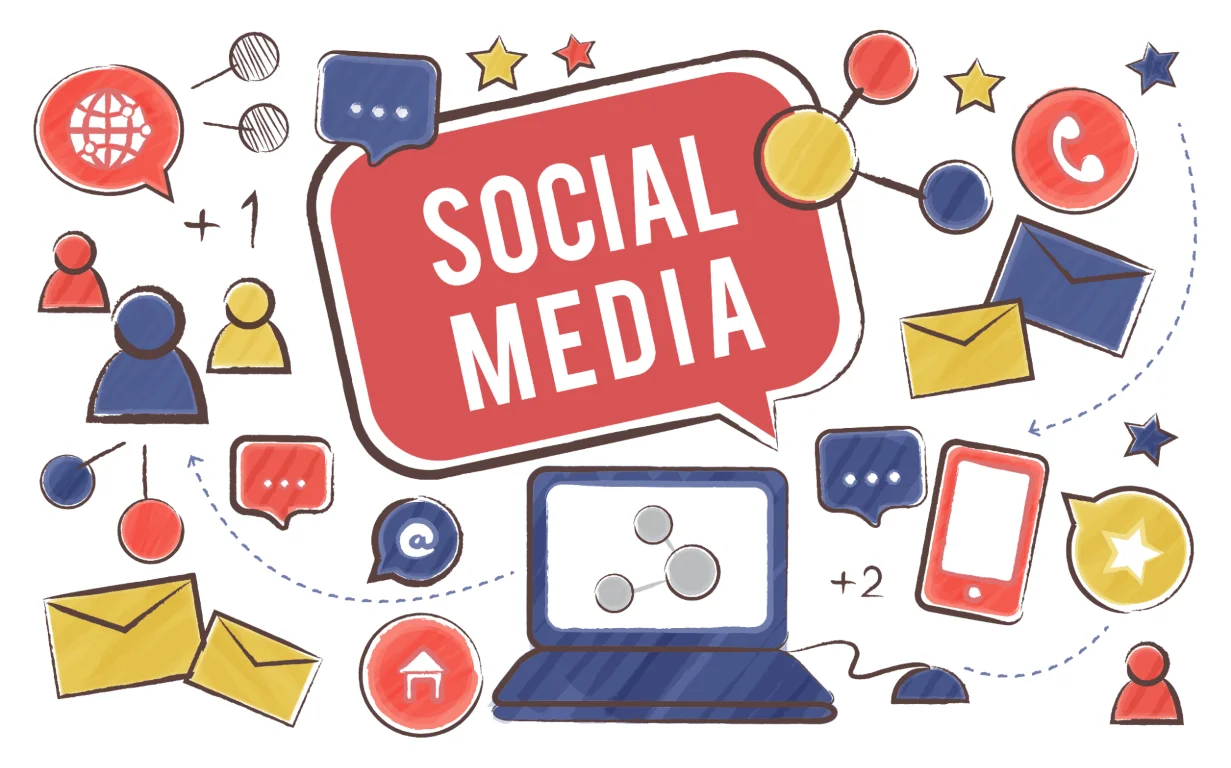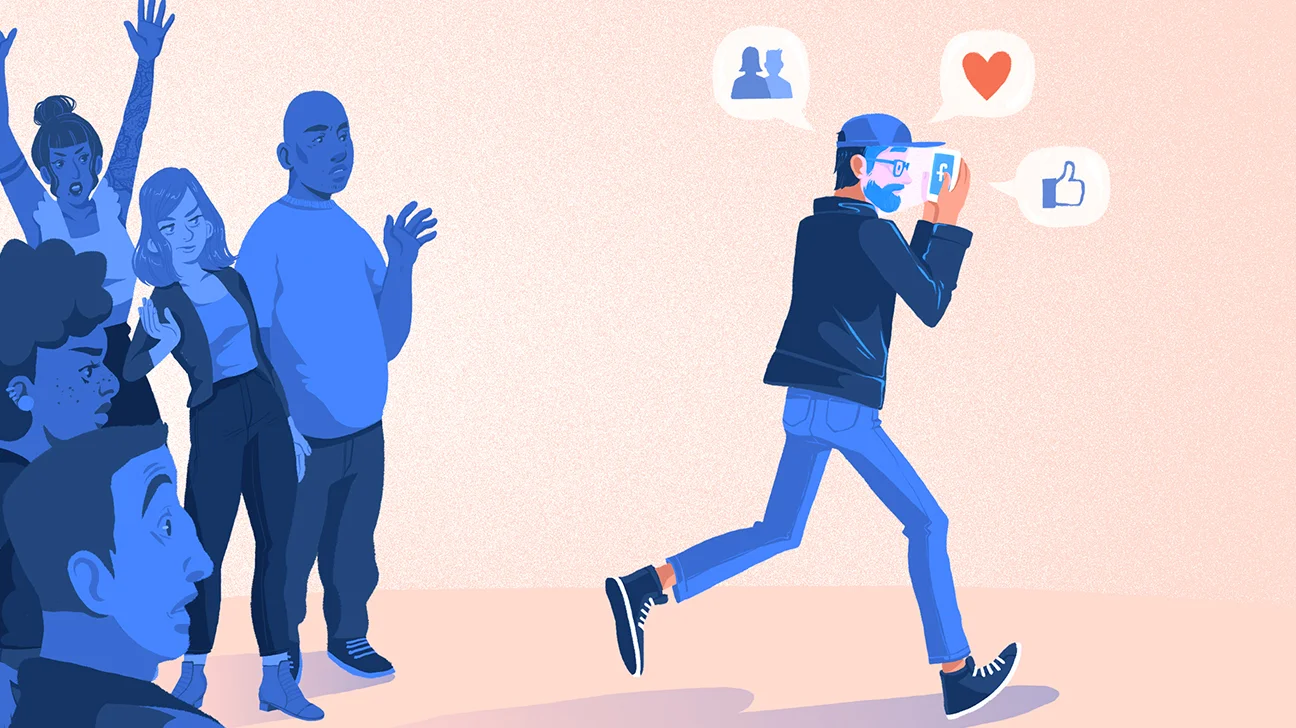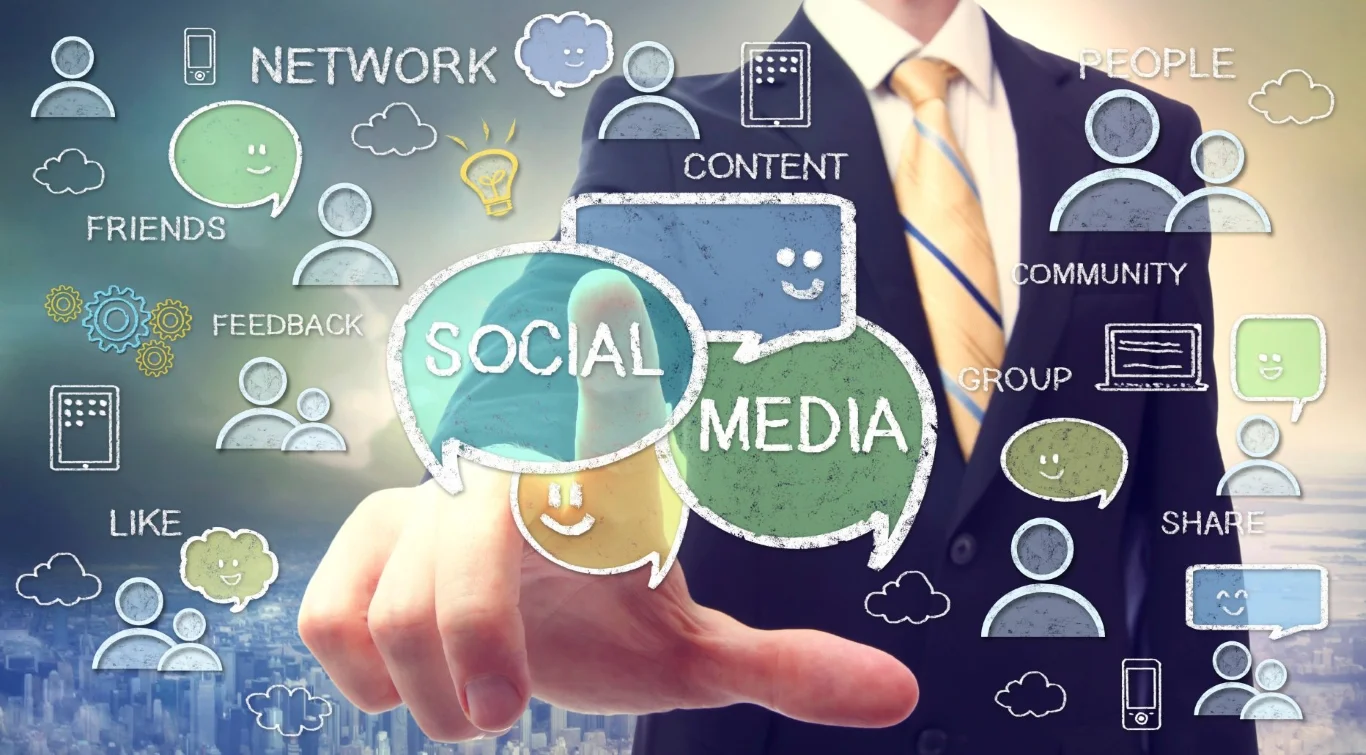The Influence of Social Media on Mental Health: Understanding the Impact and Coping Strategies

Social media has become an integral part of our daily lives, offering unprecedented opportunities for connection, communication, and self-expression. However, alongside its many benefits, social media also carries the potential to impact our mental health in both positive and negative ways. explore the influence of social media on mental health, examine its potential effects, and discuss strategies for coping with its impact.
The Positive Effects of Social Media:
 Before delving into the potential negative effects, it’s essential to acknowledge the positive influence that social media can have on mental health. Social media platforms can provide a sense of community and support, connecting individuals with shared interests, experiences, and struggles. They can also serve as valuable tools for self-expression, creativity, and inspiration, fostering a sense of belonging and empowerment.
Before delving into the potential negative effects, it’s essential to acknowledge the positive influence that social media can have on mental health. Social media platforms can provide a sense of community and support, connecting individuals with shared interests, experiences, and struggles. They can also serve as valuable tools for self-expression, creativity, and inspiration, fostering a sense of belonging and empowerment.
Understanding the Negative Impact:

While social media offers numerous benefits, it also has the potential to negatively impact mental health in several ways. One of the most significant concerns is the comparison trap, where individuals compare their lives to the carefully curated highlight reels of others, leading to feelings of inadequacy, envy, and low self-esteem. Additionally, excessive time spent on social media can contribute to feelings of isolation, loneliness, and FOMO (fear of missing out), as well as exacerbate symptoms of anxiety and depression.
Coping Strategies for a Healthy Relationship with Social Media:

1. Limit Screen Time:Set boundaries around social media usage by limiting the amount of time spent on these platforms each day. Consider using apps or features that track screen time and offer reminders to take breaks.
2. Practice Mindfulness:Stay present and mindful while using social media by practicing techniques such as deep breathing, meditation, or grounding exercises. Be aware of how you’re feeling as you scroll through your feed and take breaks if you start to feel overwhelmed.
Seeking Professional Support:

If you’re struggling to cope with the impact of social media on your mental health, don’t hesitate to seek professional support. A therapist or counselor can provide guidance, tools, and strategies to help you navigate the challenges of social media and cultivate resilience in the face of digital pressures.
Conclusion:

Social media has undoubtedly reshaped the way we connect, communicate, and perceive ourselves and others. While it offers numerous benefits, it’s essential to recognize its potential impact on mental health and take proactive steps to mitigate any negative effects. By understanding the influence of social media, practicing mindful usage, and prioritizing real-life connections, individuals can foster a healthier relationship with these platforms and protect their mental well-being in the digital age.







